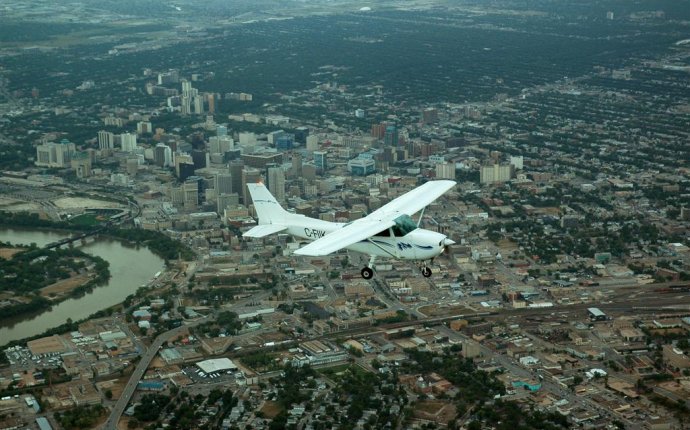
Scholarships for Pilot training
Now that you have decided that you want to learn how to fly, you are faced with some difficult tasks. Learning how to do turns around a point and S-turns across a road will become easier after some practice. One of the tasks that may take more time and effort on your part is where to find the finances for your flight training. Some people have this question answered before they start. Either they have been working for a number of years and have saved up for this day, or they may be one of the lucky ones with parents who have done this for them. There are options available, though, so don't be discouraged if you do not fit into these categories.
Just knowing that you need another source of funding for flight training is going to be half of the battle. But how do you find the best source of funding for you? By reading this subject report, you have started to win the war. But your best asset at this time will be the network of individuals and companies that make up the aviation industry. By starting to network early in your career, you will actually accomplish much more than just being able to afford your training. Most pilots and aviation professionals you meet will turn into a support group that can answer your questions as you move through your training. After your training is finished, they will turn into a great network to help you proceed with a career in aviation or provide support in your ownership of an aircraft.
Great places to start networking with other pilots and aviation professionals can vary from a pilots' lounge in the local FBO, to the airport cafe get-together Friday evenings, to Internet chat rooms and message boards. The local flight school is great place to start, because the instructors usually see just about everybody on the airport once every two years for the recurrent training mandated by the FAA. Just by letting people know that you are interested in a career or hobby that they are already participating in will bring lots of advice. Fly-ins are also a great way to get started. They can range from a pancake fly-in that attracts a few dozen pilots all the way to the AOPA, Sun 'n Fun, and Oshkosh fly-ins that attract thousands of people each year.
One location with many options for funding is the college or university that has a flight program. There may not be many options for the flight program itself, but there are many options for the college student that can be used to help offset your costs of flight training. You do not even have to go to an aviation school to find the funding that will help offset your other costs. If you visit the school's financial aid office and let them know some of your background and expectations, they have the knowledge to provide the direct assistance you need. Don't be afraid to do some research on your own at the local public library, either. There are huge volumes of books that list scholarships and grants for education. The University Aviation Association has information online that focuses specifically on aviation, but don't ignore the other possibilities. Also, contact aviation associations on your own; many offer local scholarships.
If you are going to be training at a flight school that does not have a partnership with an area college or university, then your options for funding are going to be a bit smaller. But still take advantage of the financial aid office at the college. And don't forget the local community colleges. You may not wish to attend any of their courses, but they can at least point you in some different directions for funding. And who knows, you may be able to help set up a program between the college and a flight school.
There are other ways to secure funding for flight training. These can range from borrowing the money from a family member to maxing out your credit cards and then paying them back slowly. Another option is to talk to a small local bank, especially if you or your family have lived in that area for some time. A loan officer at a local bank may be more willing to proceed with a loan when you are a known individual rather than a loan officer at a national bank that you call for information.









